Best Sellers


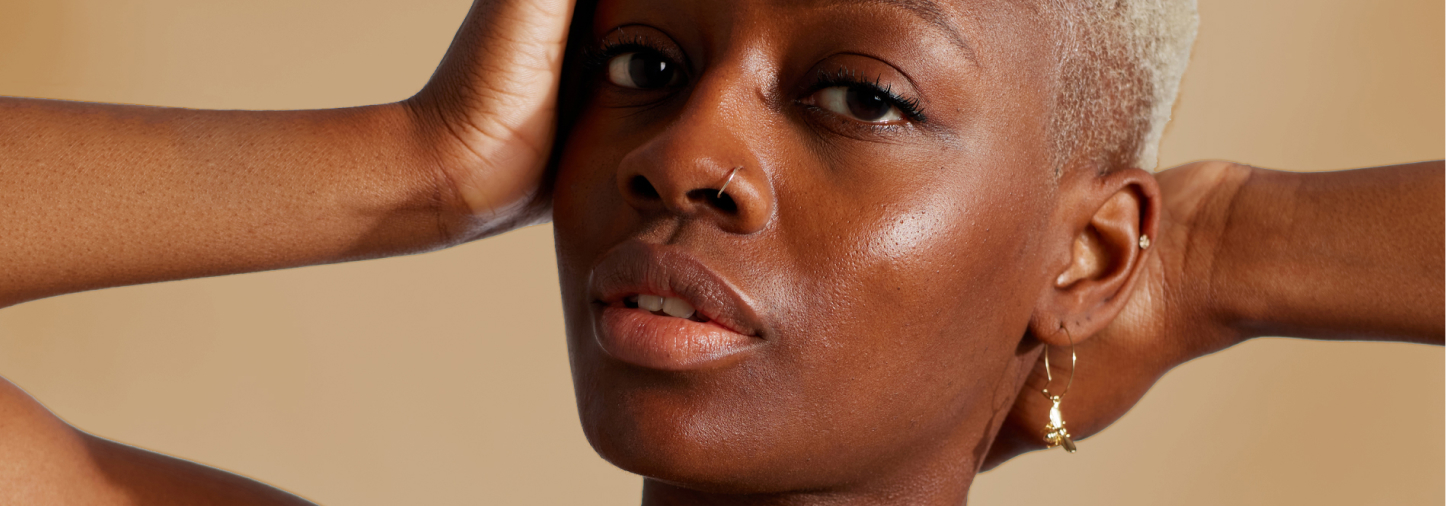
shop by skin concern
regimens to
fit your unique
needs
select your biggest concern:
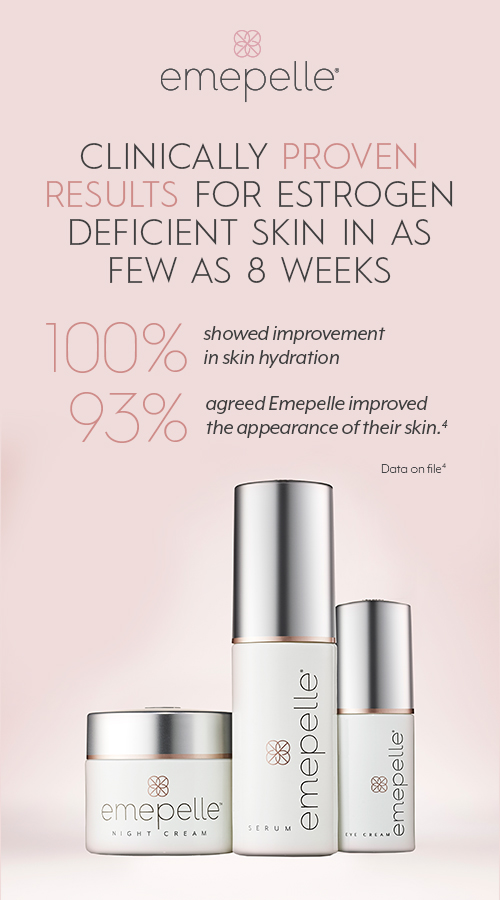
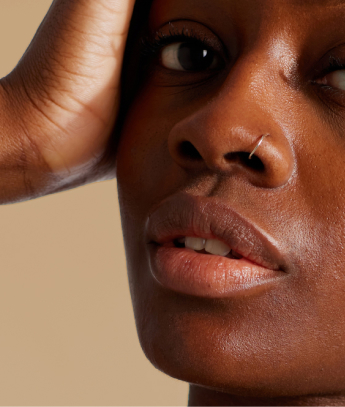
shop by skin concern
regimens to
fit your unique
needs
select your biggest concern:
the biopelle
difference
the biopelle difference
clinically-proven results
science-backed
formulations and technology
dermatologist
approved and recommended
skincare designed for
all ages, targeting individual concerns
showed improvement in skin hydration
agreed Emepelle improved the appearance of their skin
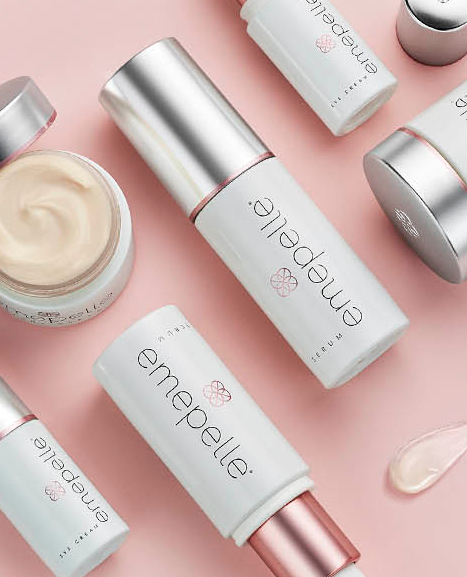

showed improvement in skin hydration
agreed Emepelle improved the appearance of their skin

“
I am in my mid 30’s so an easy skin care routine is key to my hectic schedule! (...)My skin feels tighter, redness is gone, and it feels so smooth! The serum is super lightweight and doesn’t feel heavy or greasy going on! Highly recommend!
Sarah R Shaw, Tensage Intensive Serum 40
“
I absolutely love this product! Its so hard to get rid of dark circles and this product works like a charm. I have been using this for weeks now and I can definitely see results!
Gurneet, Tensage Radiance Eye Cream
“
This serum is so lightweight and instantly absorbs into my skin. I love that it hydrates, protects, addresses loss of collagen and enhances skins radiance."
Michelle, Emepelle Serum
“
I have found my holy grail nighttime moisturizer! This is such an impressive product."
Raquel, Emepelle Night Cream
“
If you have acne prone skin, this moisturizer is for you! I have struggled to find something that helps with my severely dry skin that doesn’t break me out in exchange. This one got rid of my dry patches and made my skin look refreshed within a few weeks! Highly recommend to others with skin like mine."
Casey M, Tensage Soothing Cream Moisturizer
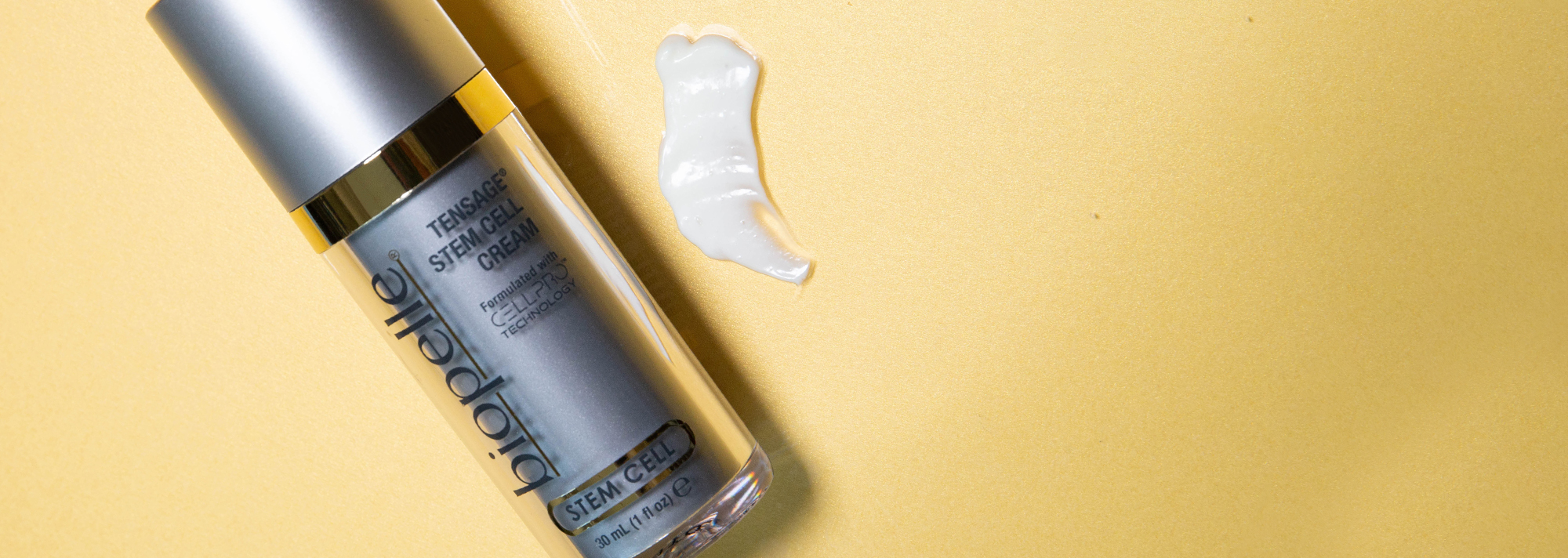
Unlock the skincare secrets of snails with SCA BioRepair Technology – where nature meets cutting-edge science for unmatched skin revitalization.
Unlock the skincare secrets of snails with SCA BioRepair Technology – where nature meets cutting-edge science for unmatched skin revitalization.
Follow the science,
@biopelleskin
